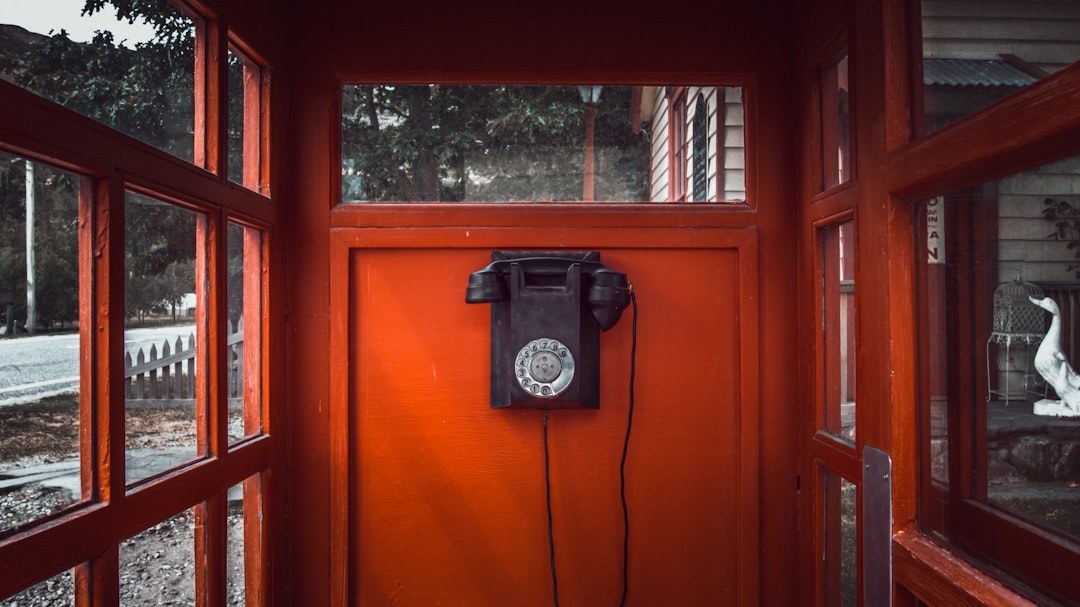Unsolicited text messages, or spam, from unknown businesses are a common problem in Louisiana. Despite Do Not Call laws protecting residents from telemarketers, businesses use texting for marketing. The Louisiana Attorney General advises caution and emphasizes consumer rights to block and report unwanted texts, which may lead to legal action against violators. Do Not Call laws apply to text messages, ensuring privacy and fostering a consensual marketing environment.
In Louisiana, unsolicited business texts have become a growing concern. These unexpected messages from unknown companies can be more than just annoying; they may violate consumer rights. This article delves into the legal implications of unsolicited marketing texts and highlights the importance of protecting consumers through Do Not Call Law Firm rules in Louisiana. Understanding these regulations is crucial for both businesses aiming to comply and individuals seeking relief from intrusive messaging.
Understanding Unwanted Business Texts in Louisiana

In Louisiana, unsolicited texts from unknown businesses are often considered a nuisance and can potentially violate consumer privacy laws. These texts, commonly known as spam messages, are unsolicited marketing or advertising communications sent to individuals’ mobile devices without prior consent. The Do Not Call laws in Louisiana offer some protection to residents by restricting the practices of telemarketers and limiting the number of calls they can make to registered numbers. However, with the advancement of technology, businesses have found new ways to reach consumers, including texting.
Louisiana’s Attorney General has emphasized the importance of consumer awareness regarding these types of messages. Residents are advised to be cautious when receiving unknown texts offering promotions, discounts, or services and to refrain from responding or providing any personal information. If individuals feel their rights have been violated or experience persistent unwanted text messages from businesses, they can file a complaint with the Louisiana Attorney General’s Office, which has dedicated resources to address consumer-related issues, including unsolicited texts.
Legal Implications of Unsolicited Marketing Messages

Unsolicited marketing messages, especially those from unknown businesses, can have significant legal implications. In many jurisdictions, including Louisiana, sending such texts is considered a violation of consumer privacy laws. These laws are designed to protect individuals from unwanted and invasive communications, giving them the right to opt-out or block such messaging.
If a business fails to obtain explicit consent before sending promotional texts, it may face substantial fines and legal repercussions. Consumers in Louisiana have the power to take action against companies that send unsolicited texts, leading to potential lawsuits and damage to the sender’s reputation. Therefore, businesses must adhere to strict guidelines to ensure compliance with anti-spam laws and respect for individual privacy.
Protecting Consumers: Do Not Call Law Firm Rules

In an era where digital communication has become ubiquitous, consumers often find themselves deluged with unsolicited texts from businesses promoting their products or services. While marketing strategies have evolved to include text messaging as a direct channel, there are stringent rules in place to protect consumers from intrusive and potentially illegal practices. One such regulation is the Do Not Call (DNC) law, which, in Louisiana, extends its reach to include text messages from unknown sources.
Do Not Call laws, enforced by regulatory bodies, prohibit businesses from contacting telephone numbers listed on the DNC registry without prior consent. This rule ensures that consumers can enjoy peace of mind, knowing their privacy is respected. For instance, a Louisiana resident who receives unsolicited texts from unknown companies may report these messages, leading to potential legal repercussions for the offending firms. These laws are designed to foster a harmonious relationship between businesses and consumers, ensuring marketing efforts remain welcomed and consensual.






